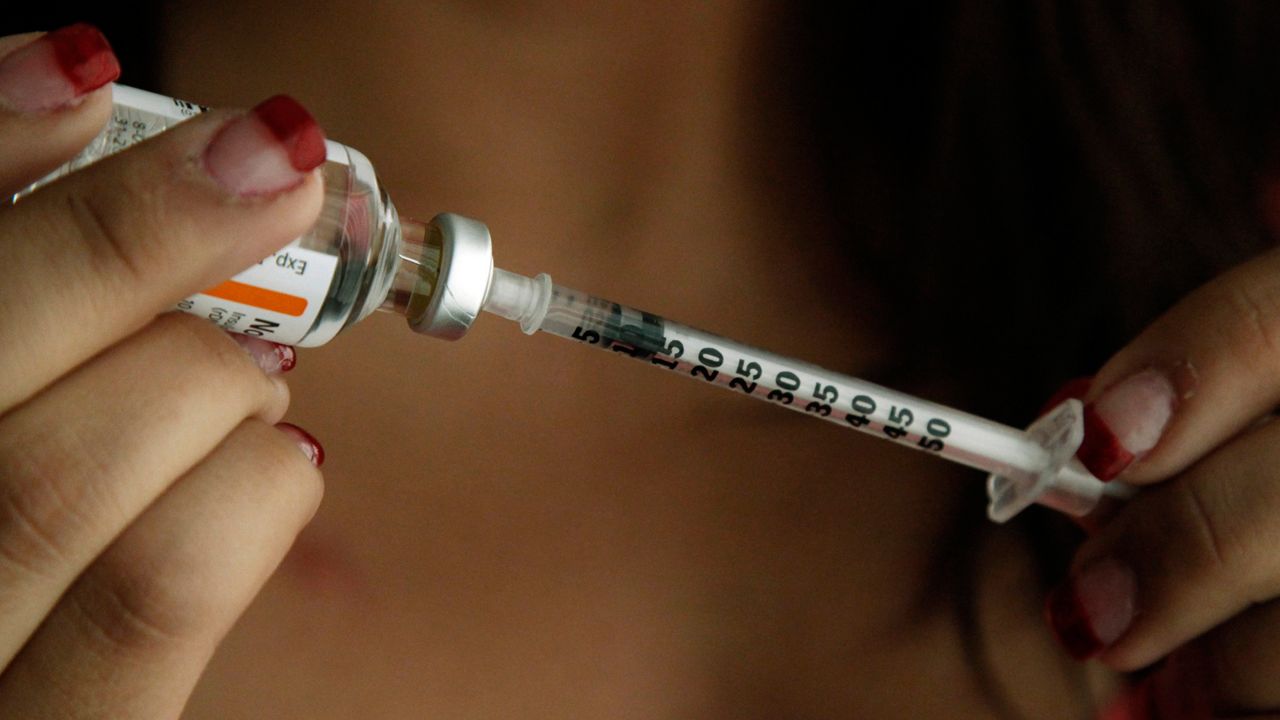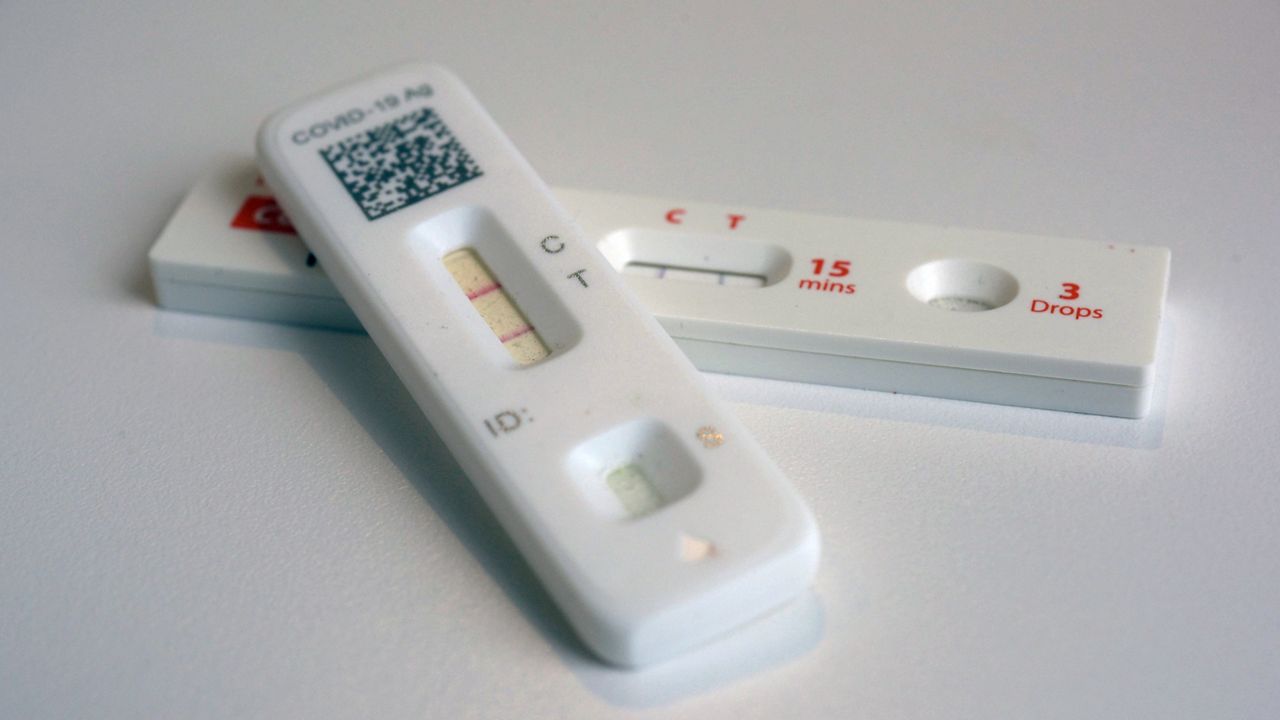Alexandra Ilyashov doesn't know what triggered her eczema a year and a half ago. It came suddenly, and severly, spreading all over her body.
"It was, you know, first maybe the limbs and then suddenly the entire abdomen, chest, back, buttocks," she said. "It was this sort of intensity of itch that I had never experienced before."
It took months of failed topical medications before Ilyashov found leading eczema dermatologist Emma Guttman-Yassky, who discovered nearly a decade ago that eczema is not simply a defect in the skin's protective outer layer. It's an autoimmune reaction, similar to psoriasis.
"It doesn't matter what starts first but it was shown that the immune activation is the one that perpetuates the disease," said Guttman-Yassky, director at the Mount Sinai Center for Excellence in Eczema. "So you have to target the immune system."
Due largely to her work, there are a number of new treatment options being tested, with two drugs approved by the FDA in 2017. It's the first advance since 2002.
One, called Dupixent, is an injectable biologic drug, genetically engineered human cells that stop the immune system from overreacting.
"I have now, I think 135 patients on Dupixent," said Guttman-Yassky. "Since the approval it has now around 20,000 patients being put on it. And it's one year."
With more than 31 million Americans estimated to have some form of eczema, there is a great need for therapies.
Guttman-Yassky enrolled Ilyashov in an oral drug trial that targets a broad range of eczema-causing proteins, called Upadacitinib.
"The level of itching just dramatically diminished, you know, completely on a different level than any topical creams, any of the steroids had ever provided me," said Ilyashov. "So it was a miracle and it felt like I got my life back."
Guttman-Yassky said the next treatment advance would be genetic testing of eczema patients, to fine-tune drugs to the patient's need.
"The fact that it's even possible, I think, is amazing because this is what happens in cancer."









